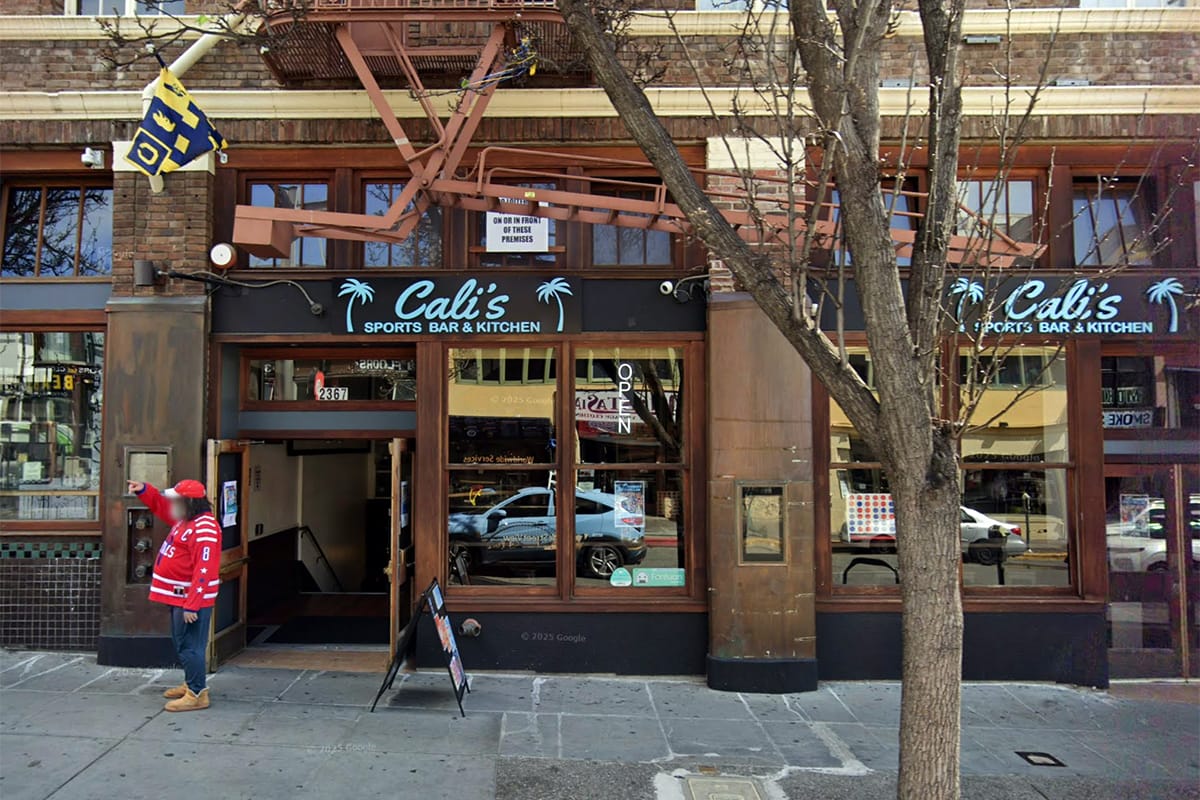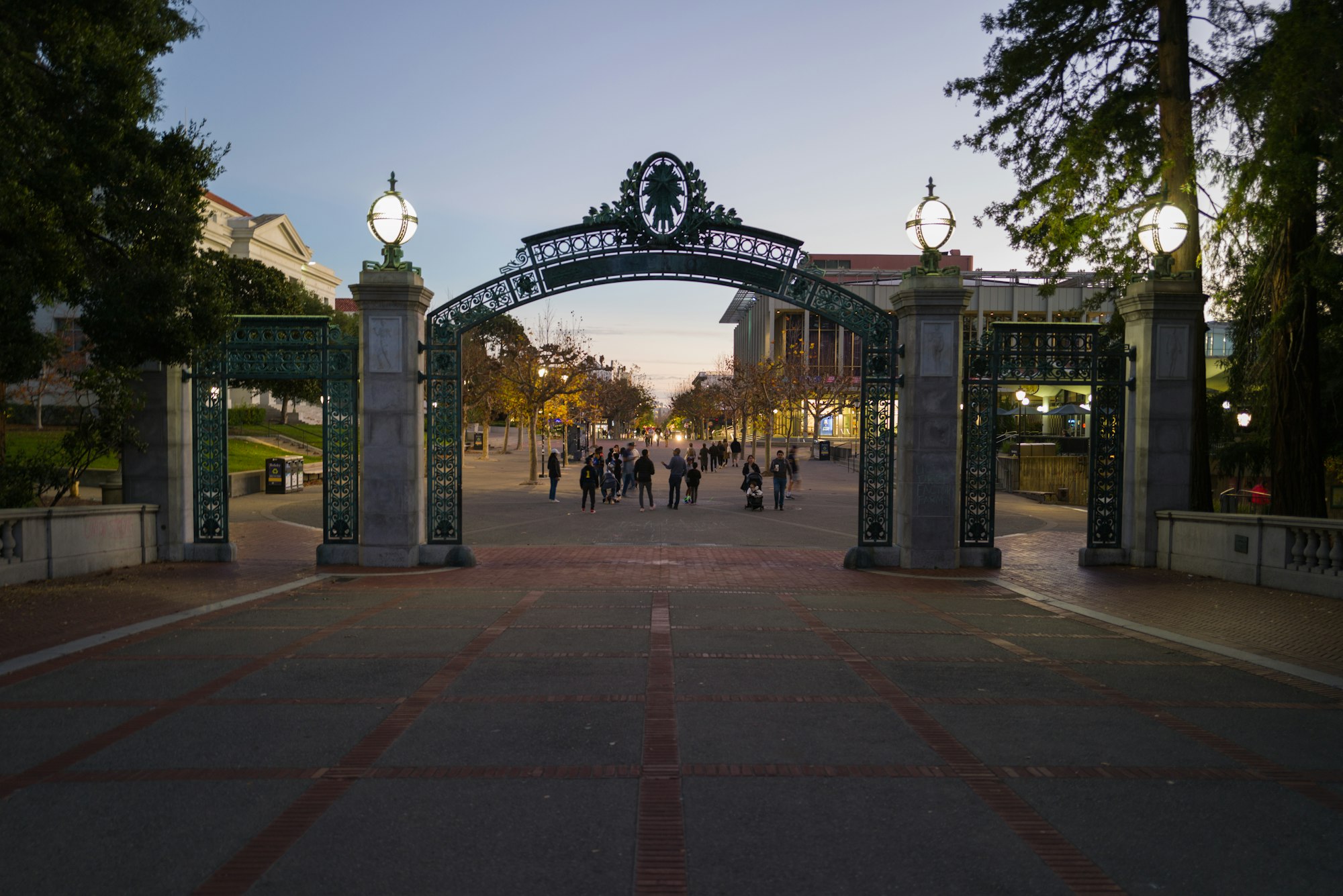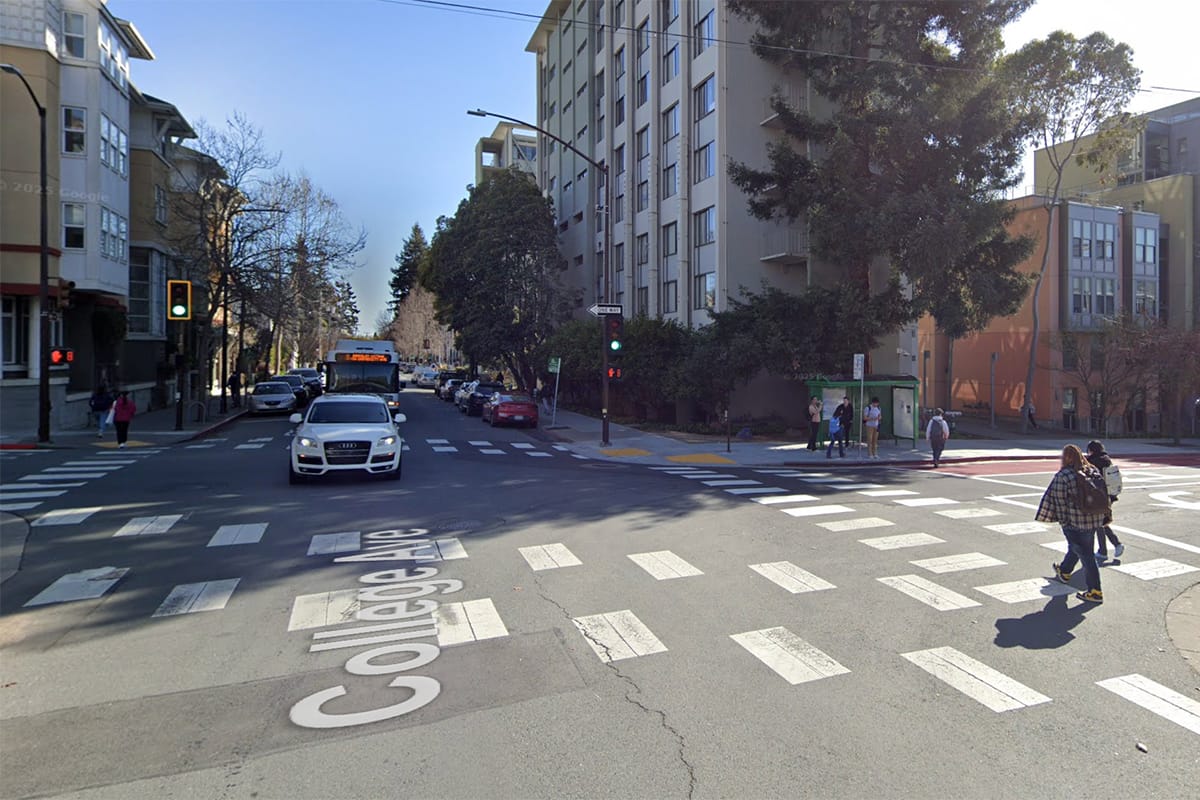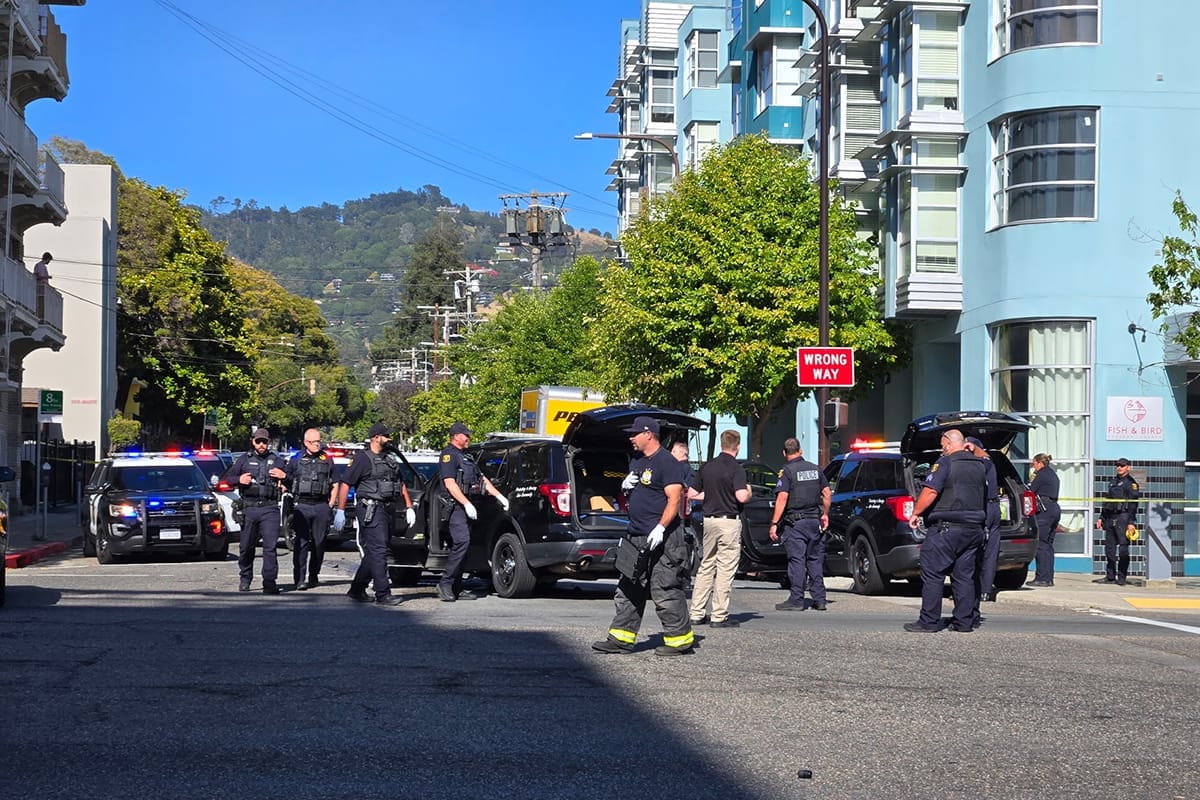TBS Today, Oct. 30
Most of our stories seem to be focused on the Southside neighborhood this week.


We also had an inquiry about a large police presence Thursday morning near Tacoma and Ensenada avenues – but it turned out they were just there to support a Halloween parade. (Welcome news!)
Speaking of police radio encryption
The Berkeley City Council did vote Tuesday night to encrypt police radio traffic, with Cecilia Lunaparra the lone no vote.
We were there and plan to write it up but, to be frank, it's just been too depressing.
Losing a longstanding public resource and key reporting tool will make it much harder to do our job in a variety of ways.
It will make it harder on us, harder on you and also harder on BPD.
It's demoralizing that our city officials accepted the police narrative that this was the only choice (it's not) or that full encryption is required by law (it's not) — particularly when other police agencies have actually found ways to comply with the privacy rules and retain the public feeds.
We would have expected the same concern for public access and transparency from Berkeley, and that just wasn't the case. Not from our police and not from our city leaders.
As we noted the other day, Palo Alto told us it's had no major problems as a result of its decision to keep its channels open.
There are much more moderate solutions that are both technically and financially feasible — but clearly Berkeley had other priorities.
And last night, we got a glimpse into the likely future.
UC Berkeley (which encrypted its police channels a month or so ago) put out a "critical" public safety alert that had no information in it aside from location and that police were responding. It alarmed and confused many people.
Fortunately, UC Berkeley officials responded to our question about the notice, which allowed us to update our story quickly with some basic details that, we think, put some minds at ease.
We were fortunate that campus officials responded because UCPD itself often doesn't have the resources to reply to the media, particularly after hours.
Encryption means we just have to take their word for it much more often, accepting limited or no information, being in a holding pattern, and having a tougher time knowing if something is even newsworthy or serious.
For example, had the incident truly been "critical," we would have gone to campus despite the late hour. But when we learned it was actually just a bike theft attempt, with no clear evidence of a weapon, that's a different calculation.
This is going to be an adjustment for all of us.
In case you missed it


Read more stories • Learn about TBS • 👋 Follow us on social media
Did someone forward you this email? Sign up for TBS Today.





